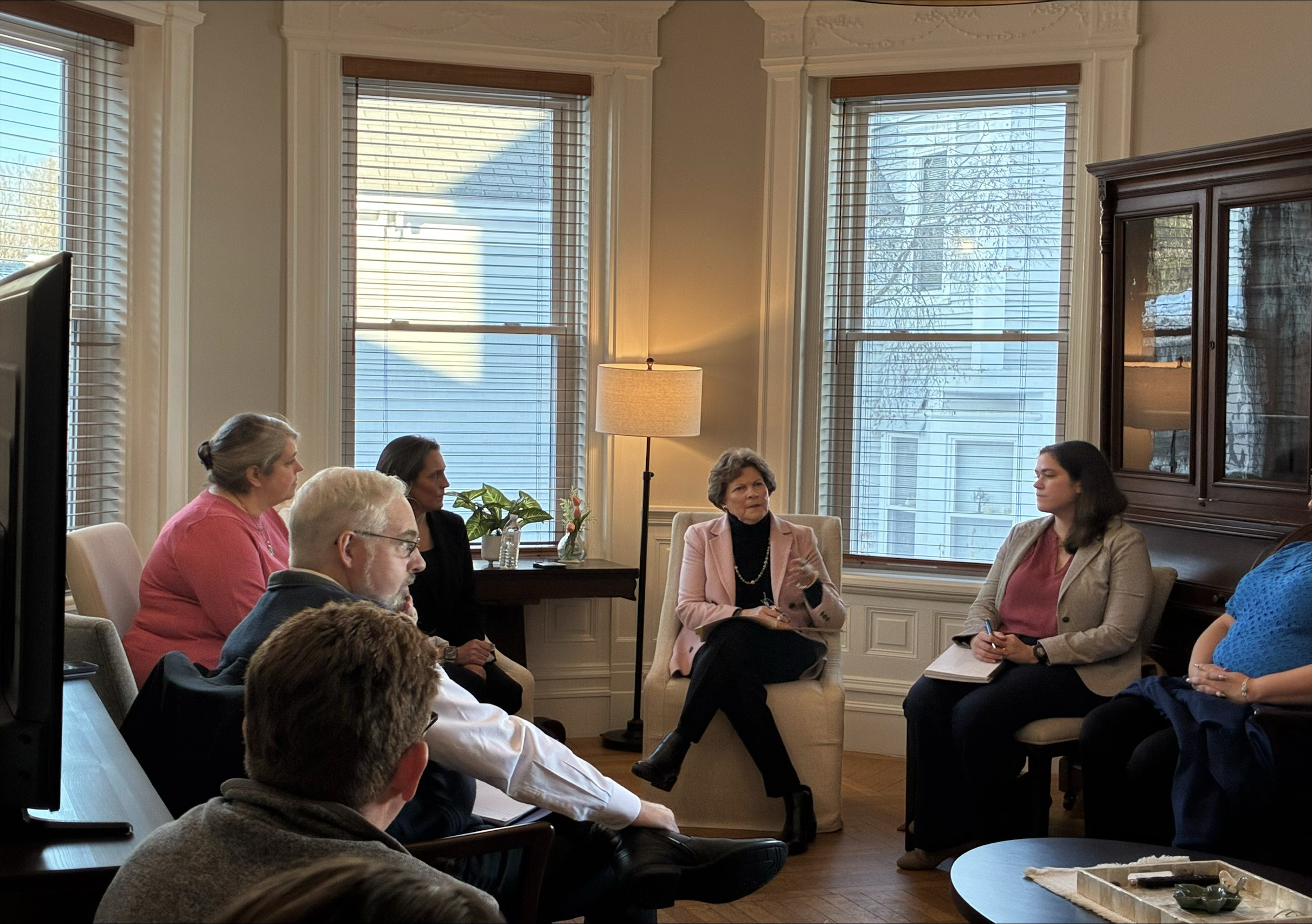The New Hampshire Department of Health and Human Services (DHHS) is pleased to announce an infusion of federal grant funding for the State’s Community Re-Entry and Youth Re-Entry programs. The four-year grant totals nearly $4.6 million and will support the continuity of health care for incarcerated individuals and committed youth eligible for assistance through Medicaid who are transitioning from incarceration to a community setting.
The adult Community Re-Entry program provides eligible inmates with a targeted set of health care services during the 45 days immediately prior to their release from state correctional facilities. Similarly, Youth Re-Entry provides a tailored set of Early and Periodic Screening, Diagnostic, and Testing services to Medicaid-eligible youth up to age 21 in the 30 days prior to and 30 days after their release from the Sununu Youth Services Center (SYSC). Youth Re-Entry services are also available to former foster youth up to age 26. Both the youth and adult programs offer extensive care management support through the State’s Medicaid Managed Care Organizations. The programs, created in partnership with the New Hampshire Department of Corrections, have served more than 100 individuals since their launch on January 1.
“Community Re-Entry provides critical access to behavioral health, case management, and targeted health services to help adults and youth improve health outcomes when they return to their communities, reducing recidivism and preventing costly hospitalizations and emergency room visits,” said DHHS Commissioner Lori Weaver. “This funding means that we can continue to support the health care needs of people across New Hampshire, improve public safety, and help set people up for future success.”
The grant funding will be used to support Community Re-Entry and Youth Re-Entry through the following activities:
- The purchase of telehealth materials for state prisons, transitional facilities, county jails, and SYSC.
- Construction of 16 secure telehealth booths to safeguard the privacy of health care visits at each facility.
- The purchase of specialized, telehealth-enabled iPads to complete visits.
- Creation and dissemination of communications materials for corrections staff, inmates and their families, health care providers, and the public.
- Provision of 12 on-site trainings for corrections staff around Medicaid eligibility and enrollment.
- Creation of ongoing help desk support, including insurance navigation services for each facility, to ensure timely completion of Medicaid applications.
- Electronic health record upgrades for recordkeeping and billing.
- Funding for two employees in the DHHS Medicaid program to support the project and processes needed for success.
- Continued use of contractors dedicated to implementing and monitoring the programs to facilitate implementation.
In addition to developing and improving the program in state prison facilities and SYSC, DHHS will also utilize the funding to begin implementing Community Re-Entry in New Hampshire’s 10 county corrections facilities. Expanding services to county facilities will allow the program to serve a broader population of individuals as they enter the justice system, many of whom have urgent behavioral health needs. New Hampshire is federally mandated to implement Youth Re-Entry in county facilities by December 2026.
Adult Community Re-Entry is the result of federal approval of a five-year extension of New Hampshire’s Section 1115(a) Demonstration waiver, “Substance Use Disorder, Serious Mental Illness and Serious Emotional Disturbance, Treatment Recovery and Access.” In July 2024, New Hampshire received federal approval to provide Medicaid coverage to eligible incarcerated individuals to increase access to treatment and reduce recidivism. The youth Community Re-Entry program is a federal mandate under the Consolidated Appropriations Act (2021) Section 5121.
Community Re-Entry is a core initiative of the DHHS Roadmap 2024-2025, as part of the “Promote Thriving Communities” strategic commitment.
This project is supported by the Centers for Medicare & Medicaid Services (CMS) of the U.S. Department of Health and Human Services (HHS) as part of a financial assistance award totaling $4,595,293, with 100 percent funded by CMS/HHS. The contents are those of the author(s) and do not necessarily represent the official views of, nor an endorsement by, CMS/HHS or the U.S. Government.









